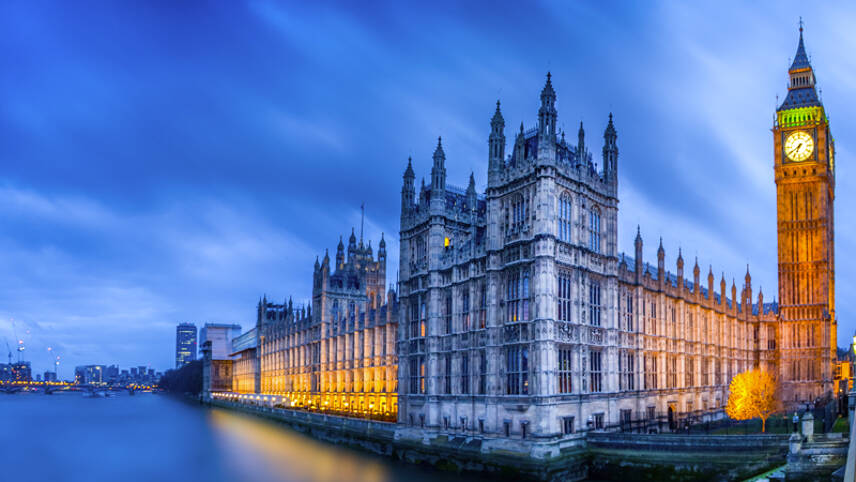Register for free and continue reading
Join our growing army of changemakers and get unlimited access to our premium content

In news doubtless overshadowed by the mini-Budget, the updated NDC was published by the Department for Business, Energy and Industrial Strategy today (23 September). All nations agreed at COP26 last year to update their NDCs, which outline how they will play their fair share in contributing to the Paris Agreement, ahead of COP27.
The UK’s updated document is 51 pages in length and reaffirms an existing commitment to reducing emissions by at least 68% by 2030, against a 1990 baseline. It also reaffirms the UK’s legally binding 2050 net-zero commitment.
There are no new announcements in the document. Rather, it serves as a recap of the measures the UK has announced and delivered since 2020, including commitments to end unabated fossil-fuelled electricity generation by 2035 and ending the sale of new petrol and diesel cars and vans in 2030.
Several green economy commentators have taken to social media to express relief that an updated NDC has actually been published by the UK Government, despite a change in Prime Ministers, and despite rhetoric questioning the cost of climate action from Liz Truss and Jacob Rees-Mogg, new PM and BEIS Secretary respectively.
“Reaffirming the UK’s commitment to slashing carbon emissions by at least 68% of 1990 levels by 2030 shows a determination by the new administration to demonstrate continued global climate leadership as it prepares to hand over the COP Presidency in November,” said Environmental Audit Committee chairman Philip Dunne MP.
But Dunne did have some words of caution.
“Domestically, recent policy announcements on fossil-fuel-derived energy raise obvious concerns about how the overall target is to be met,” Dunne said. “Energy security is, of course, vital – but so is climate security. The Committee is urgently examining the Government’s plans for fossil fuel extraction and maintenance of the UK’s energy security. We will continue to hold Ministers to account to ensure that their policies are consistent with the targets they have set, and are in the best interest of consumers and of the environment.”
Since her election on 5 September, Truss has, as she promised, lifted the UK’s ban on fracking. It will now be permitted in areas where there is local support. These areas are likely to be few and far between given the tremor risks and claims that fracking will not have a material impact on energy prices in the short term.
Truss is also forging ahead with pre-existing plans for a new permitting round for North Sea oil and gas projects, set to take place this year. Around 100 licences are expected to be awarded.
The Climate Change Committee (CCC), which acts as the Government’s independent advisor on climate-related policy and regulation, have warned against permitting fracking and have urged Ministers to adopt a stance against new North Sea permitting in most instances.
Fossil fuels are not explicitly mentioned in the updated NDC, beyond existing commitments to end coal-fired power generation in autumn 2024.


Please login or Register to leave a comment.